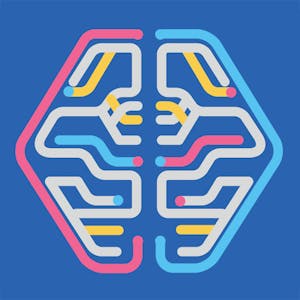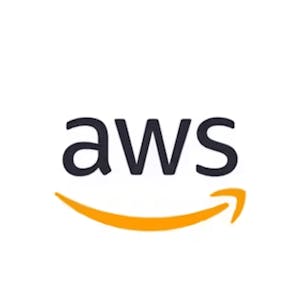Machine Learning on Google Cloud
About this Specialization
What is machine learning, and what kinds of problems can it solve? How can you build, train, and deploy machine learning models at scale without writing a single line of code? When should you use automated machine learning or custom training?\\n\\nThis course teaches you how to build Vertex AI AutoML models without writing a single line of code; build BigQuery ML models knowing basic SQL; create Vertex AI custom training jobs you deploy using containers (with little knowledge of Docker); use Feature Store for data management and governance; use feature engineering for model improvement; determine the appropriate data preprocessing options for your use case; use Vertex Vizier hyperparameter tuning to incorporate the right mix of parameters that yields accurate, generalized models and knowledge of the theory to solve specific types of ML problems, write distributed ML models that scale in TensorFlow; and leverage best practices to implement machine learning on Google Cloud.\\n\\n> By enrolling in this specialization you agree to the Qwiklabs Terms of Service as set out in the FAQ and located at:
Related Online Courses
Course 1 first explores the basics of both macroscopic and microscopic thermodynamics from a postulatory point of view. In this view, the meaning of temperature, thermodynamic pressure and chemical... more
Course 4 presents an overview of cognitive capacities and limitations. You will distinguish between different types of attention, compare and contrast different types of memory, identify the most... more
Join NoSQL Solution Architect, Pete Naylor for an in-depth introduction to Amazon DynamoDB and how it is leveraged in building a serverless architecture. The course talks about core DynamoDB... more
This Specialization is intended for machine learning researchers and practitioners who are seeking to develop practical skills in the popular deep learning framework TensorFlow.\\n\\nThe first... more
This course will introduce students to various DevOps tools, such as Git and virtual environments for Python Development, and explain the concept of continuous integration. The topics of how... more








